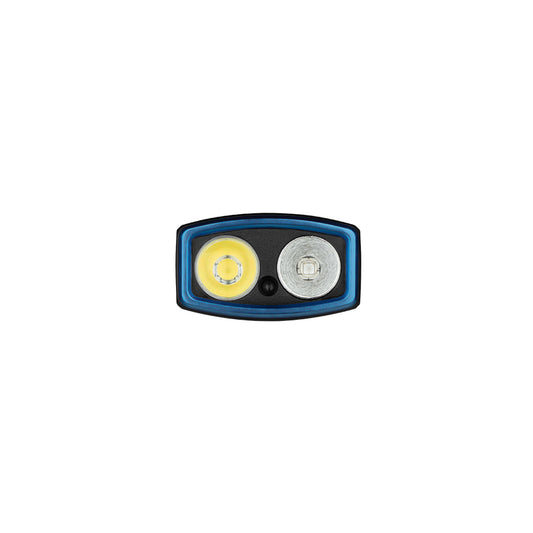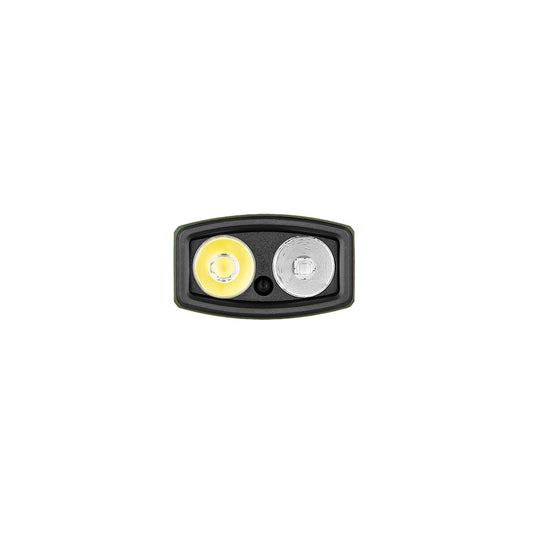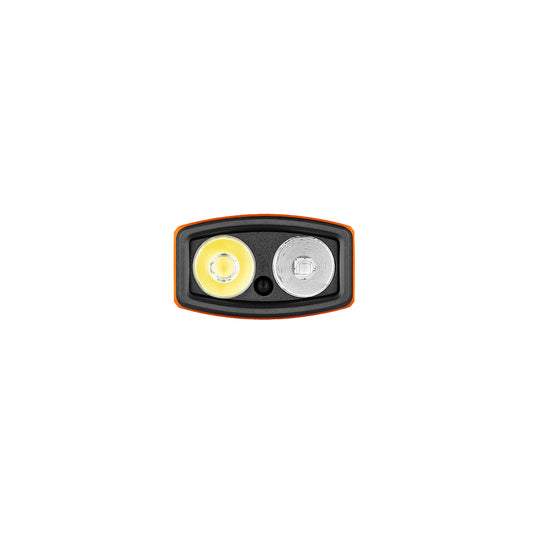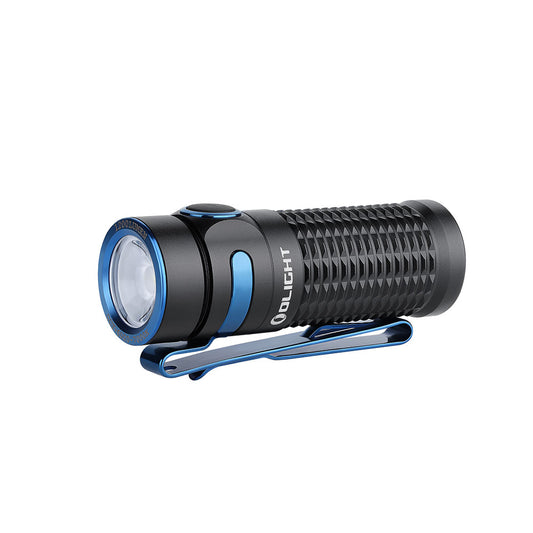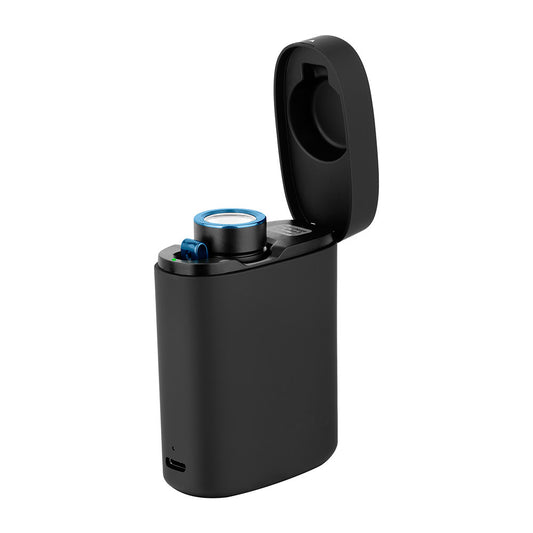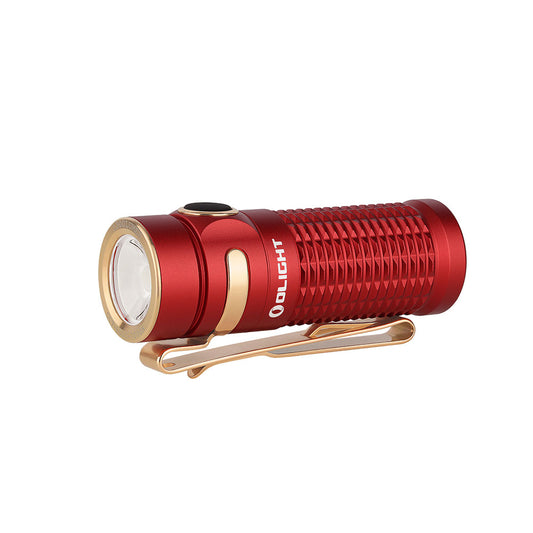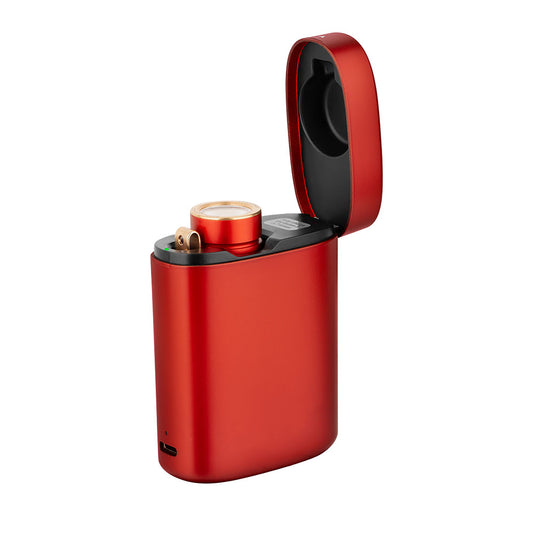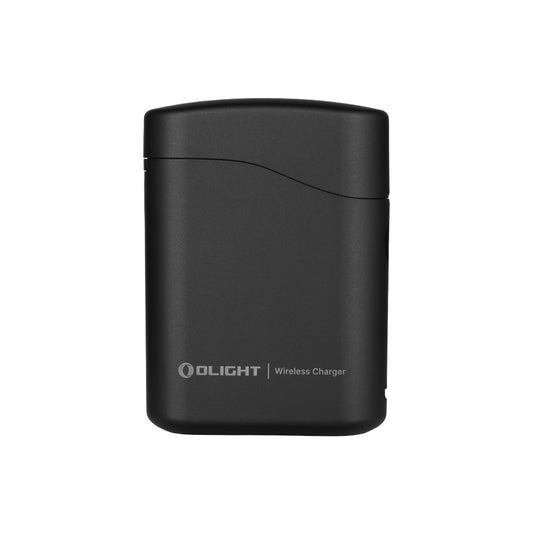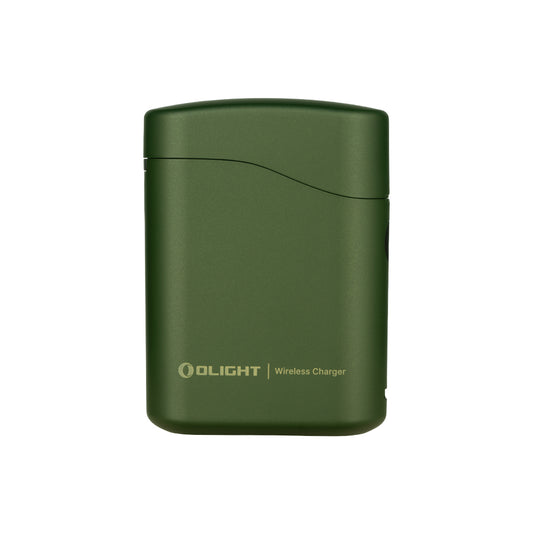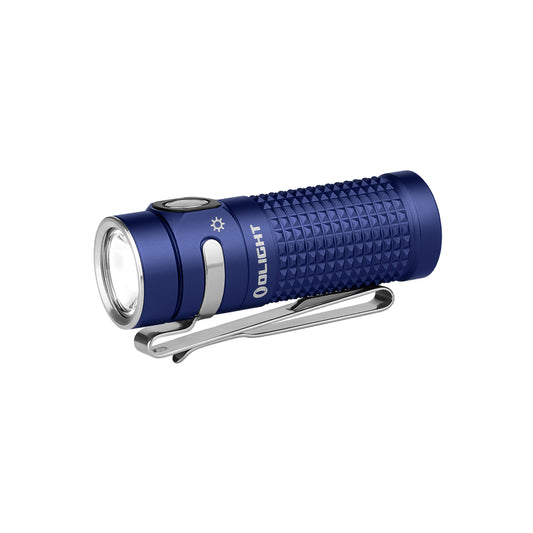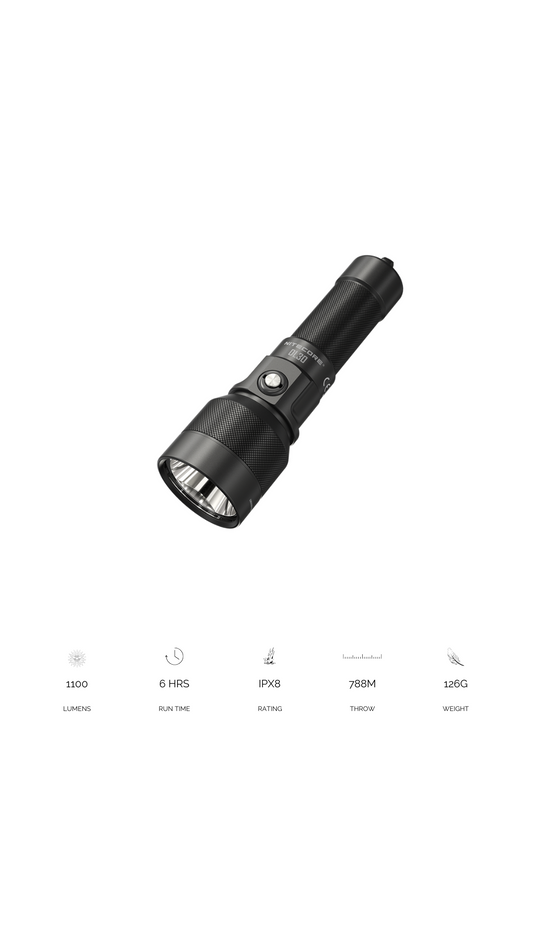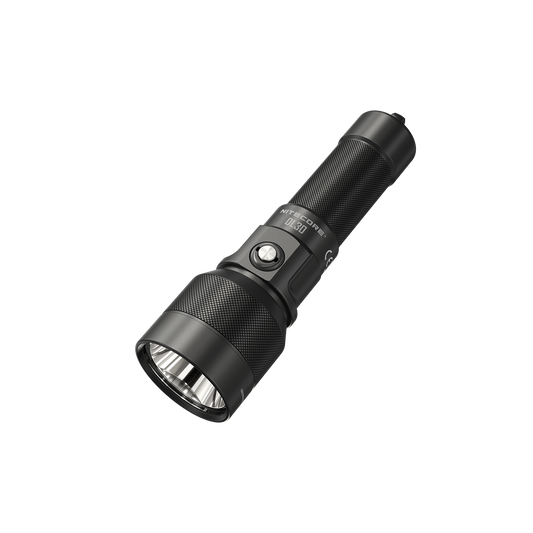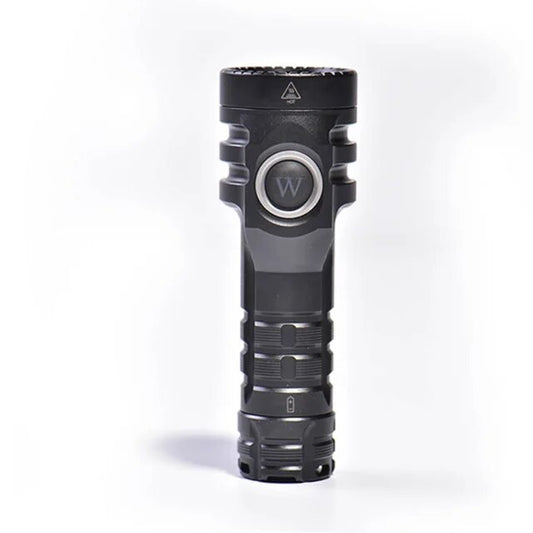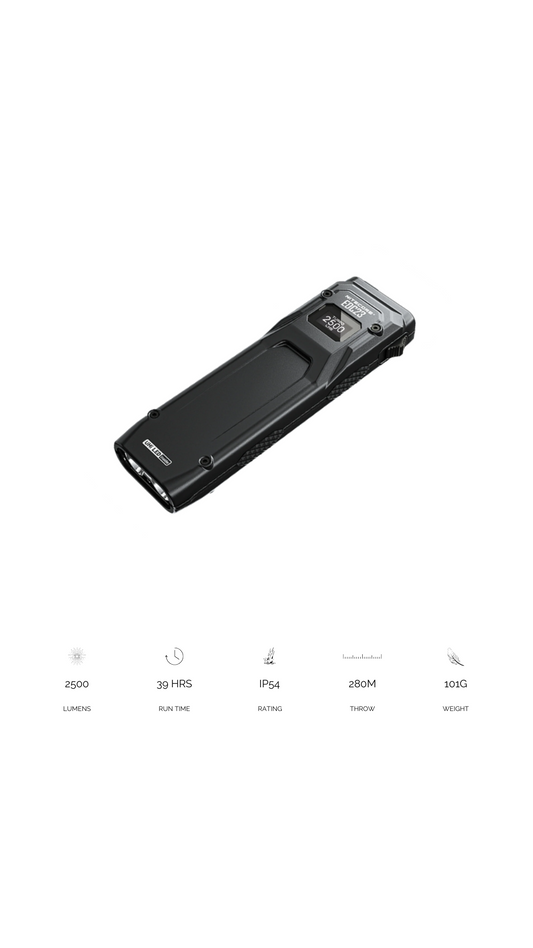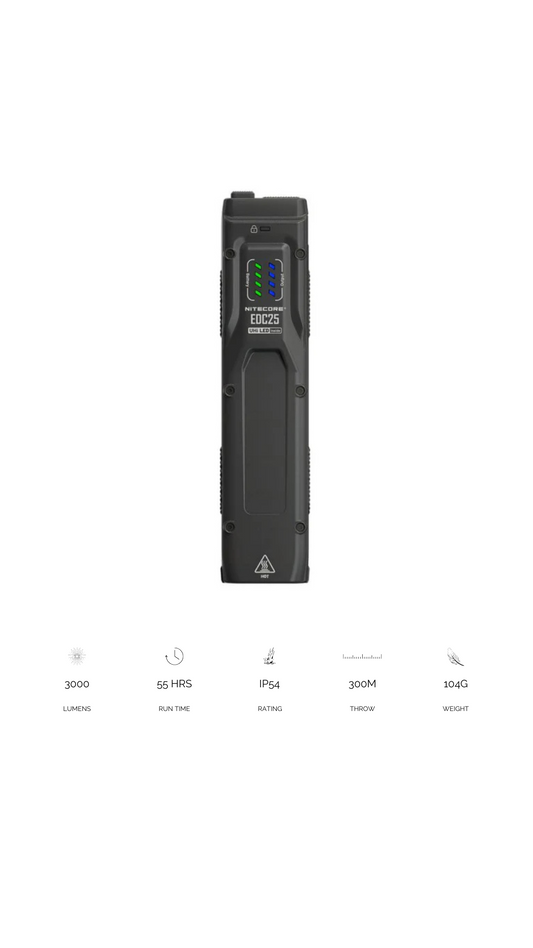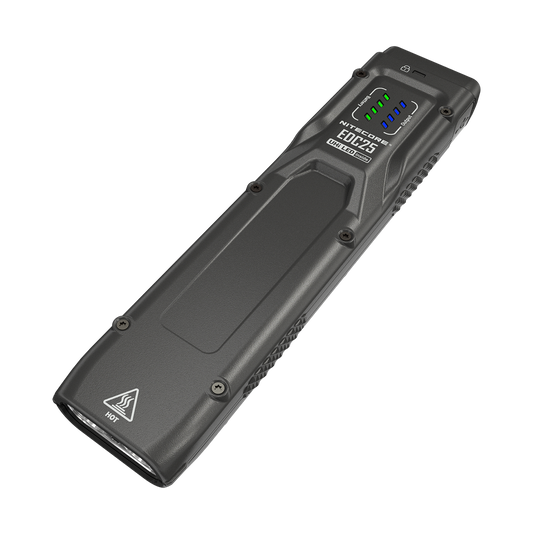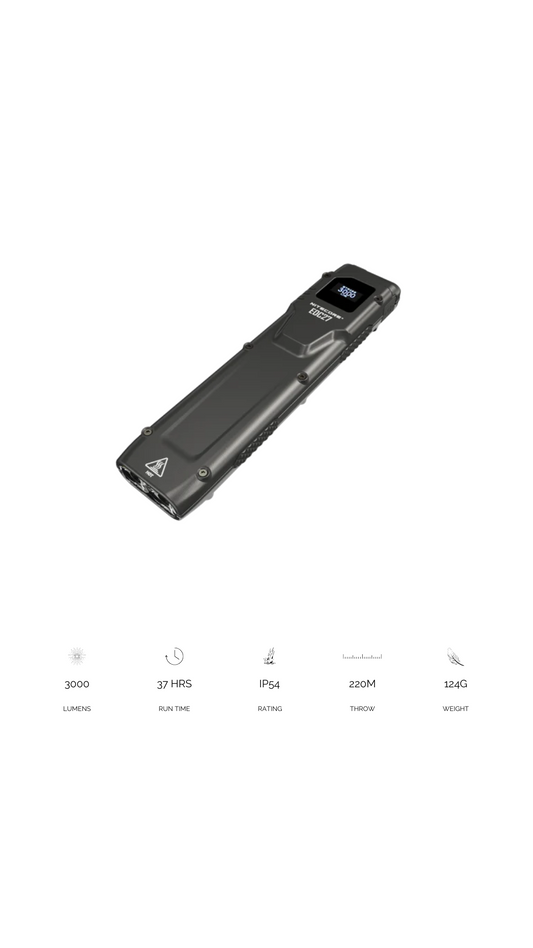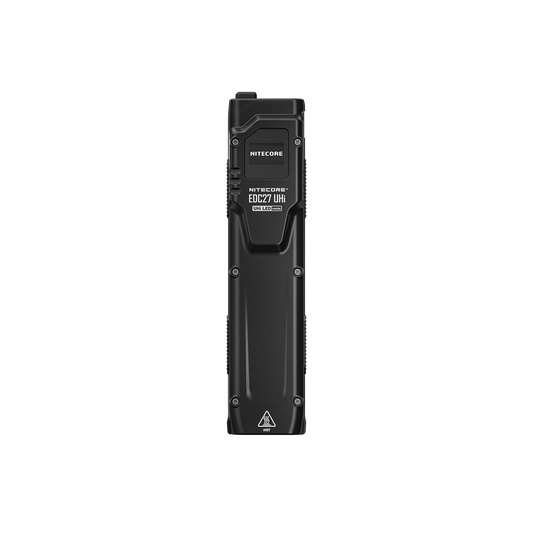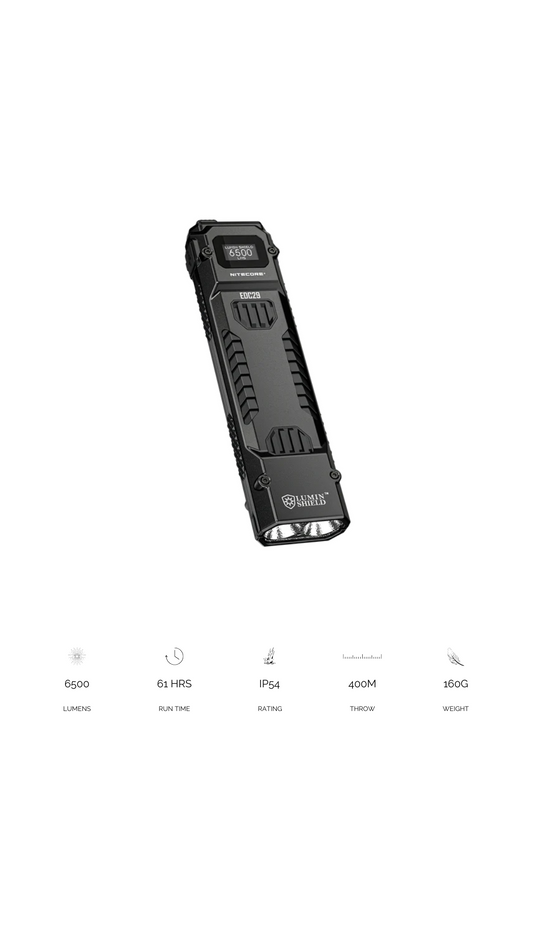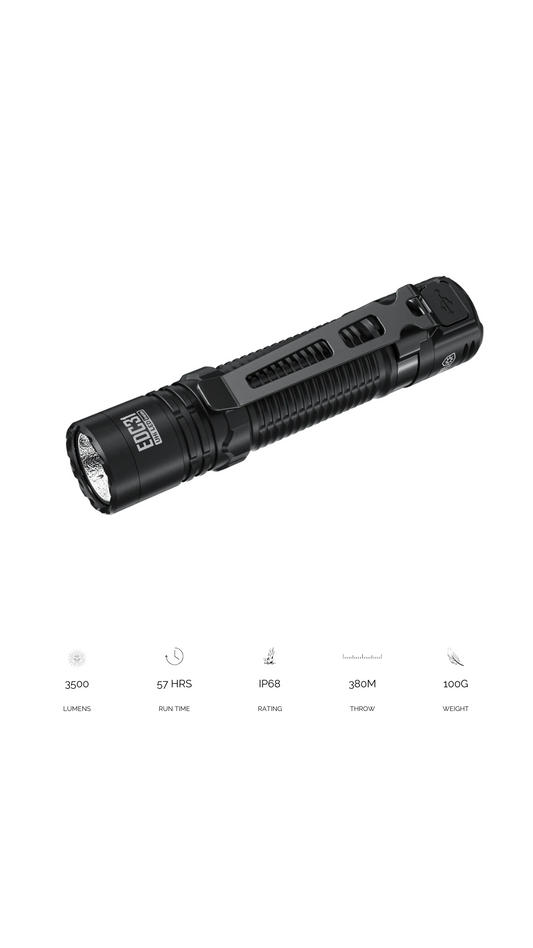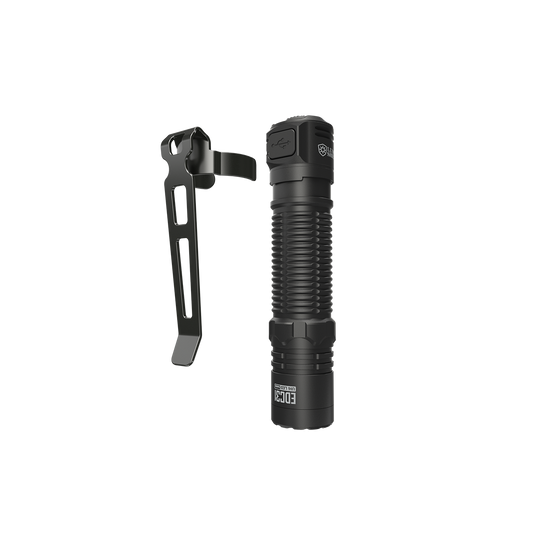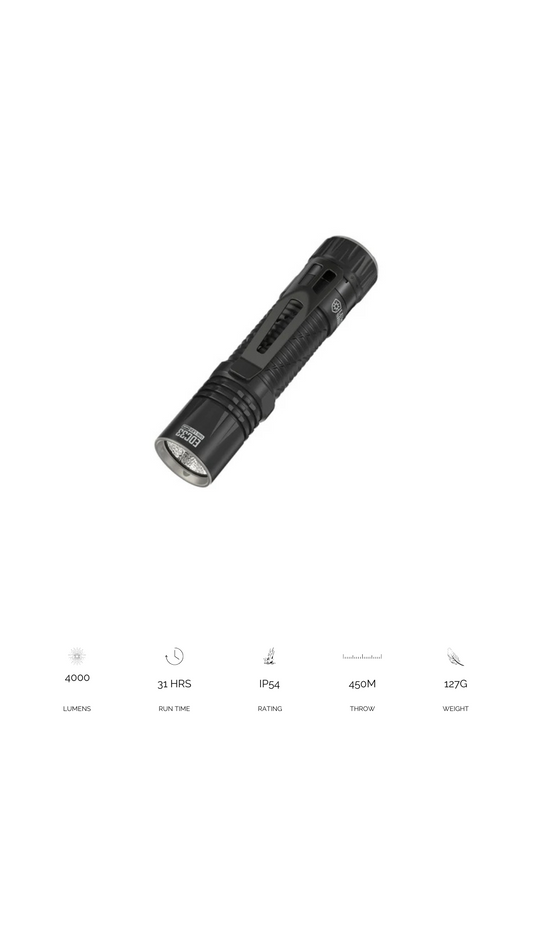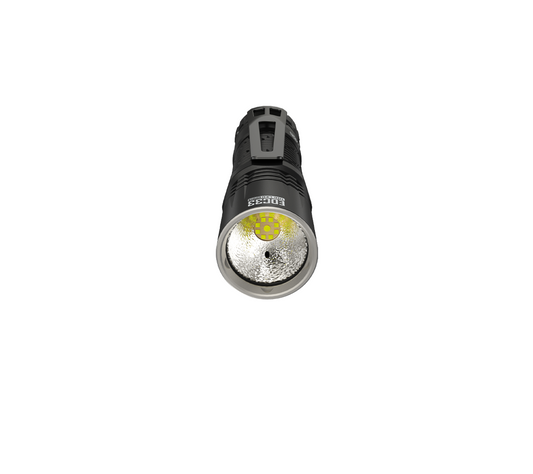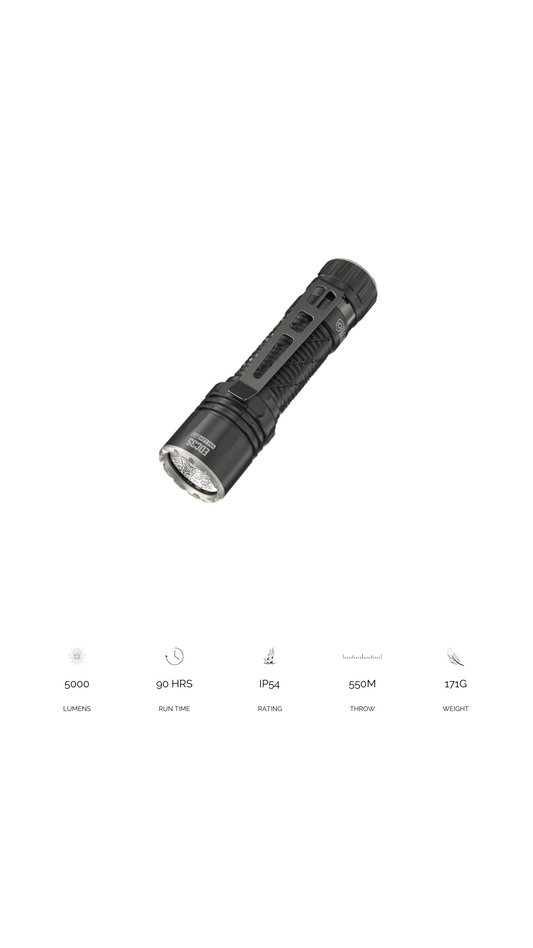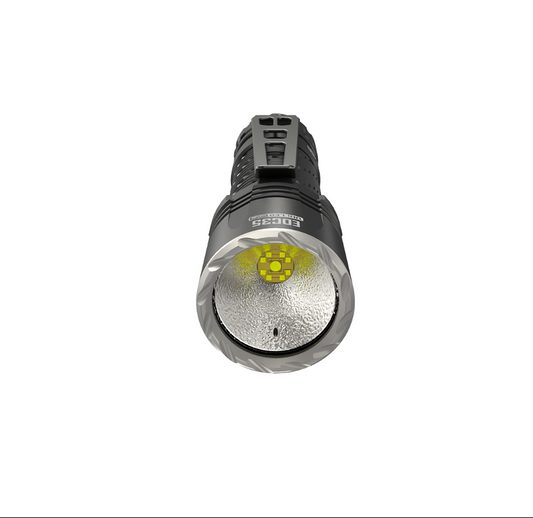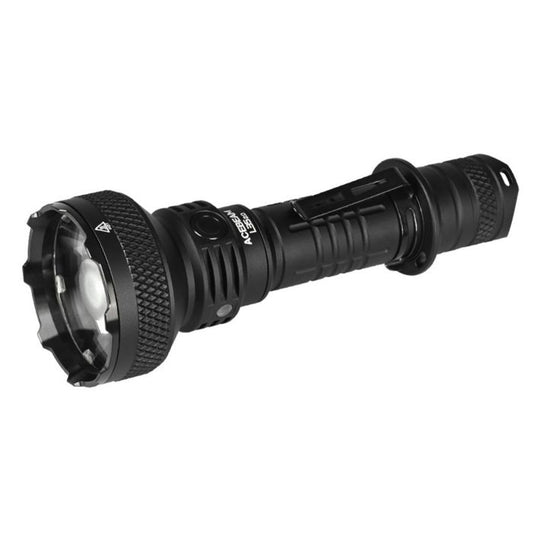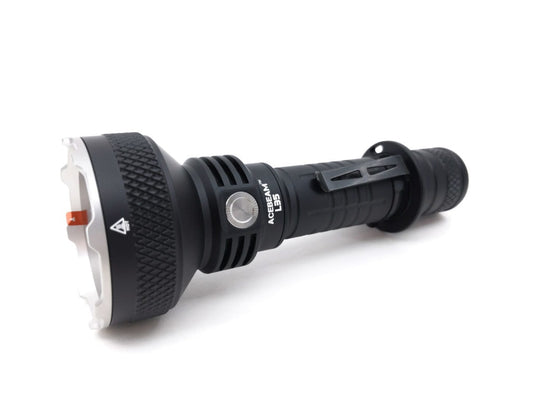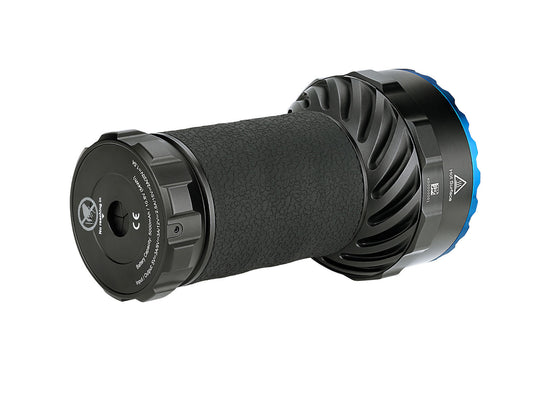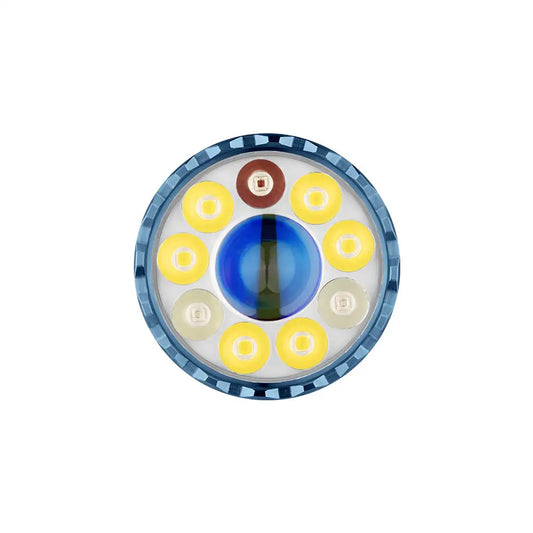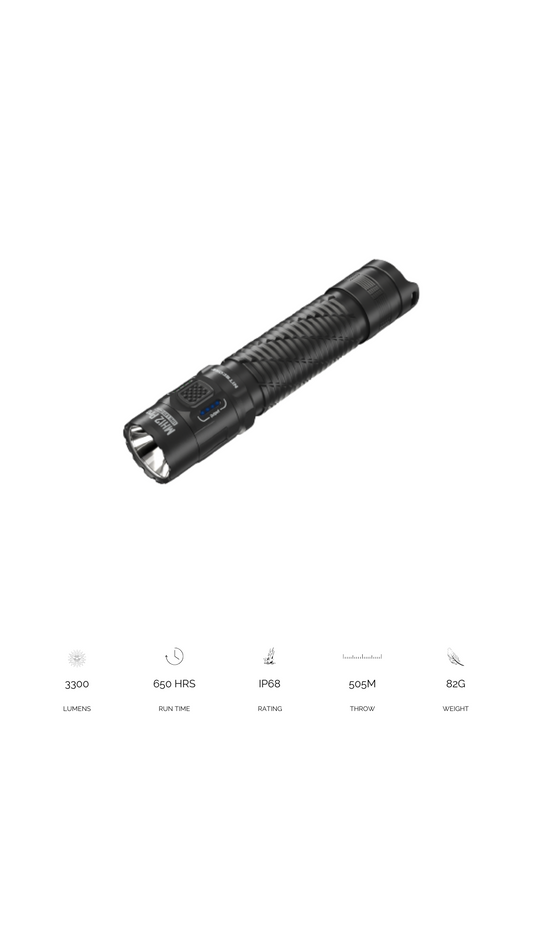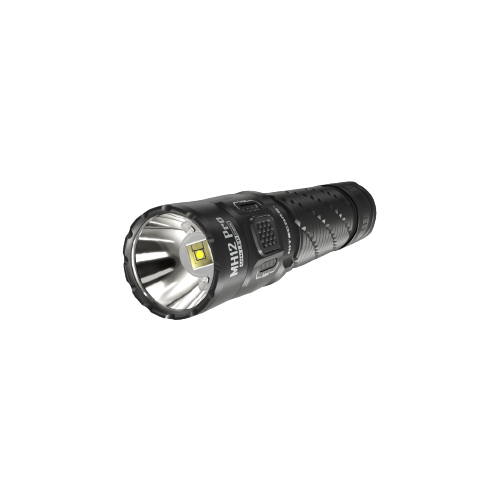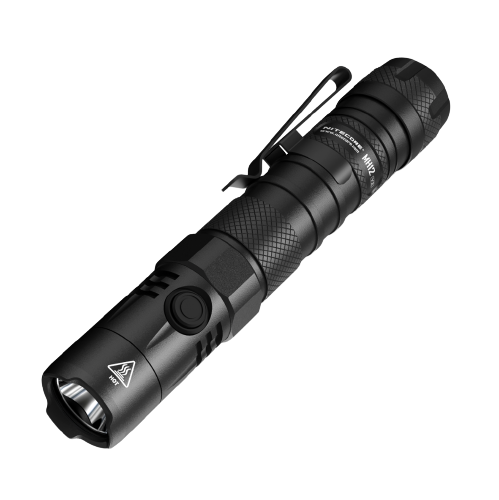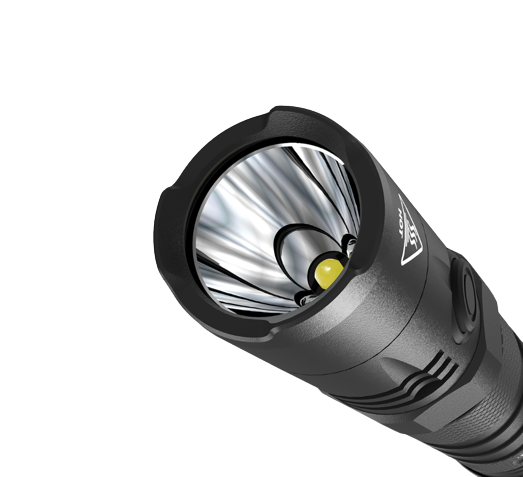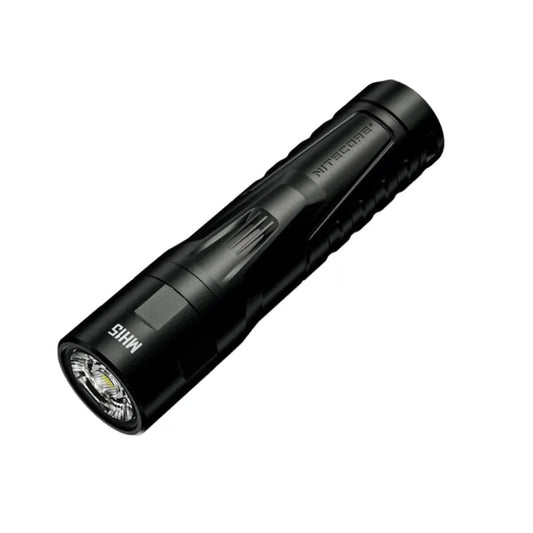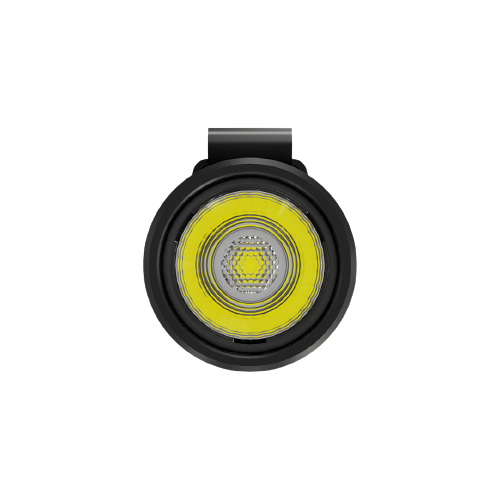
Beyond the Buzz: A Deep Dive into Energy Drink Benefits
Sharpened Focus and Memory: The Science Behind the Buzz
Energy drinks aren't just a jolt of energy—they can genuinely improve cognitive function. The key player here is caffeine, a well-studied stimulant. Caffeine works by blocking adenosine, a chemical in your brain that promotes sleepiness. When you consume caffeine, it binds to adenosine receptors, essentially blocking them from receiving the "tired" signal. This allows other neurotransmitters like dopamine and norepinephrine to flourish. Dopamine is associated with motivation and focus, while norepinephrine enhances alertness and concentration.
Studies have shown that a single can of energy drink containing around 30mg of caffeine (like a can of NOS) can significantly improve these cognitive functions. A 2012 study published in the journal "Nutritional Neuroscience" found that energy drink consumption enhanced memory and reaction time in sleep-deprived participants. This suggests that energy drinks can be a helpful tool to combat fatigue-induced cognitive decline, especially for students pulling all-nighters or professionals working long hours.
Sustained Physical Performance: Beyond the Sugar Rush
The sugar in energy drinks, often a blend of glucose and sucrose (think brands like AMP or Mtn Dew), provides readily available fuel for your muscles. This quick burst of energy can be beneficial before or during exercise, giving your body a readily available source of energy. However, real teamwork happens between caffeine and taurine.
Taurine is an amino acid found naturally in the body and is often added to energy drinks. While research is ongoing, some studies suggest taurine plays a role in muscle function and may reduce muscle damage during exercise. This can translate to better endurance, especially during prolonged activities like running or cycling. A 2014 study published in the "Journal of the International Society of Sports Nutrition" found that taurine supplementation alongside caffeine improved endurance performance in cyclists. Some brands, like C4 and Xyience, even include specific ingredients like creatine to further enhance physical performance by increasing muscle energy stores.

Mood Elevation and Reduced Fatigue: A Multi-Faceted Approach
Are you feeling sluggish and down? Energy drinks might offer a pick-me-up. The combined effects of caffeine and B vitamins can have a significant impact on mood and energy levels. Caffeine, as mentioned earlier, increases dopamine and serotonin production, neurotransmitters associated with feelings of happiness and well-being. B vitamins, particularly B6 and B12, are crucial for energy metabolism, ensuring your body efficiently converts food into usable energy. This translates to a reduction in fatigue and a more positive outlook.
A 2010 study published in the Nutritional Journal found that energy drink consumption improved mood and alertness in healthy young adults. It's important to note that this effect is likely due to the combined action of caffeine and B vitamins, not just caffeine alone.
Electrolyte Replenishment: Staying Hydrated for Optimal Performance
Energy drinks aren't just about the buzz—they can also help with hydration, especially for athletes. Many energy drinks are formulated with electrolytes like sodium, potassium, and magnesium (think brands like BodyArmor or Powerade). These minerals are lost through sweat during exercise and can lead to fatigue and muscle cramps if not replenished. Replenishing electrolytes with an energy drink can help maintain hydration and prevent these issues, especially for those engaging in strenuous activities.
A 2015 study published in the "Scandinavian Journal of Medicine and Science in Sports" found that an electrolyte-containing beverage was more effective than plain water at preventing dehydration and improving performance during prolonged cycling exercise. However, it's important to remember that energy drinks shouldn't replace water entirely. They can be a useful tool for electrolyte replacement alongside proper hydration.
Sugar-Free Options and Alternatives: Sweetening the Deal Without the Crash
While the sugar content in some energy drinks can be a concern, sugar-free varieties offer a viable alternative. These options use artificial sweeteners like sucralose or acesulfame K to provide a similar taste without the added calories. Some brands, like Zevia and Rise, even explore natural sweeteners like stevia.
However, it's important to be aware of the potential side effects of artificial sweeteners, such as digestive issues in some individuals. Consuming sugar-free energy drinks in moderation is key.
Remember, Responsibility is Key: Getting the Most Out of Energy Drinks
As with any beverage, responsible consumption is essential when it comes to energy drinks. Limit your daily intake, especially of those high in caffeine. The Mayo Clinic recommends that healthy adults limit their caffeine intake to 400mg per day. Be mindful of potential side effects like anxiety, insomnia, and digestive issues, especially if you're sensitive to caffeine. If you have any underlying health conditions, consult your doctor before consuming energy drinks.


